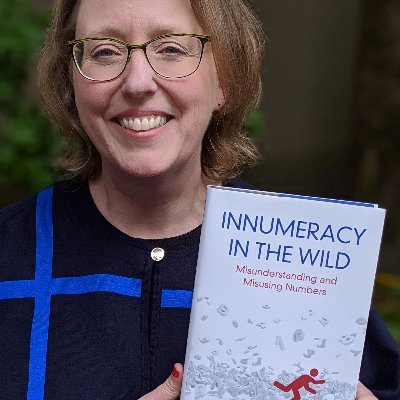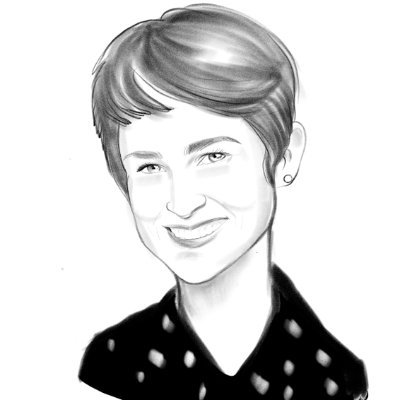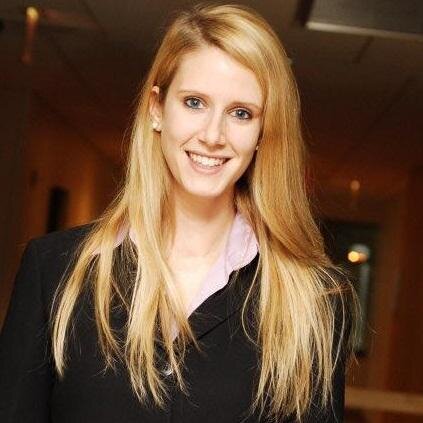
Ioannis Evangelidis
@i_evangelidisAssociate Professor @ESADE. Behavioral scientist interested in judgment & decision making, measurement, data analytics, replications, open science, etc.
Similar User

@abbysussman

@andre_quentin

@StephMTully

@real_k_diehl

@EeshaSharma

@OlegUrminsky

@KellenMrkva

@Rodrigo_dsdias

@YuDingLab

@S_Bellezza

@marissa_sharif

@IkeMDSilver1

@rosannaksmith

@stephsmithphd

@longoni_chiara
Chocolates are becoming smaller, potato chip bags have more air, and toilet paper rolls are slimming down. We’ve all seen it and we all hate it. Happy to share my new Marketing Science paper on "shrinkflation aversion" with the world. Preprint here: tinyurl.com/shrinkflationa… 1/n
Newly Accepted Articles 11/23 (3 of 4) "Shrinkflation Aversion: When and Why Product Size Decreases are Seen as More Unfair Than Equivalent Price Increases" by Evangelidis, Ioannis @i_evangelidis
Right place to post? 🤭 Our article "Who Shares Fake News? Uncovering Insights from Social Media Users' Post Histories" is now published at Journal of Marketing Research. journals.sagepub.com/doi/10.1177/00…
On December 8th, our Berkeley journal club read a paper claiming that thoughts of God increased algorithm appreciation. Today, @PNASNews published our attempts to replicate those results. Spoiler alert: we fail to replicate the original claims pnas.org/doi/10.1073/pn…
We are seeking applications for a tenure-track (assistant professor) position in Marketing. For more information: esadefaculty.teamtailor.com/jobs/4742233-a…
Fantastic news!
yo @Prolific, you sent me 142 identical emails telling me that data collection for my study is complete. What's up?

Wondering how to best sample stimuli for your studies? Are you asking yourself how to analyze the data from studies with multiple stimuli? If the answer to either question is yes, then we have answers for you. Tune in for a presentation of our paper by @uri_sohn
I'm giving a talk in the seminar series I call "EuroDecision" Title: "Stimulus Sampling Reimagined" Tuesday June 4th 2024 It's at 12.30 PM Barcelona/Berlin/Amsterdam time (Yes, 6.30 AM ET) Register for free here: insead.zoom.us/meeting/regist… paper: urisohn.com/44

Just to add that another version of s-hacking involves presenting the average of multiple stimuli when many stimuli show opposite or null effects. We argue for the use of stimulus plots, where readers can see the effect for each stimulus. More here: dx.doi.org/10.2139/ssrn.4…
A milder version of s-hacking is accidentally converging on stimulus that have a subtle confound. A potential solution? Stimulus sampling. I'm pretty sure that @AndrsMontealegr, @uri_sohn, and @i_evangelidis have some exciting work in this area!
Thanks, Quentin! We now have a preprint: papers.ssrn.com/sol3/papers.cf…
🚨 New in @PNASNews 🚨 We find that people see more of their #biases in #algorithms' decisions than in their own #decisions, even when algorithms are trained on their decisions and when those decisions are the same. 1/n pnas.org/doi/10.1073/pn…
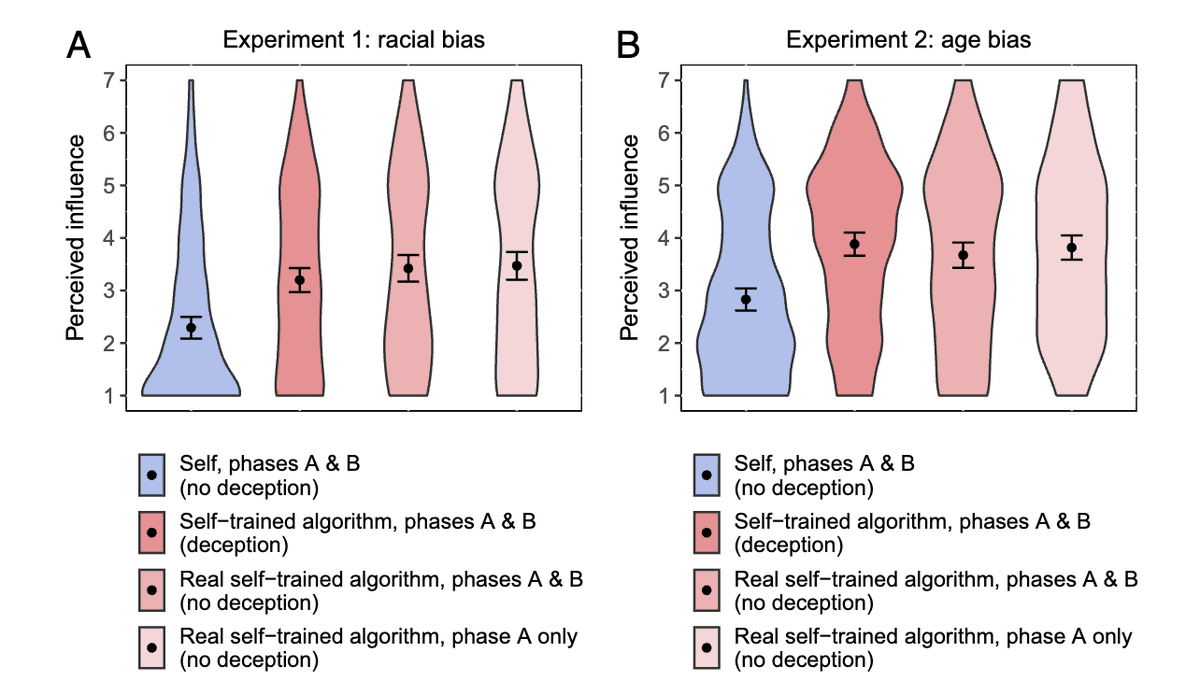
Accusations of hypocrisy are meant to be damning, but they are also flexible: For the same patterns of behavior, we see hypocrisy in our enemies, but not in ourselves or our friends. In a new paper @CognitionJourn, @JZBerman and I try to explain how such flexibility works. 🧵

Woke up to the good news that our paper (w/ @nreinholtz) on group sequential designs is accepted at @JCRNEWS ! Want to learn more about designing more efficient and more informative studies? This blog post summarizes the key insights from our paper: quentinandre.net/post/more-effi…
Proud of my cousin for winning the gold award at the 2024 World Nature Photography Awards' Humans and Nature category (worldnaturephotographyawards.com/winners-2024) for his gorgeous picture titled "Catch of the Day".
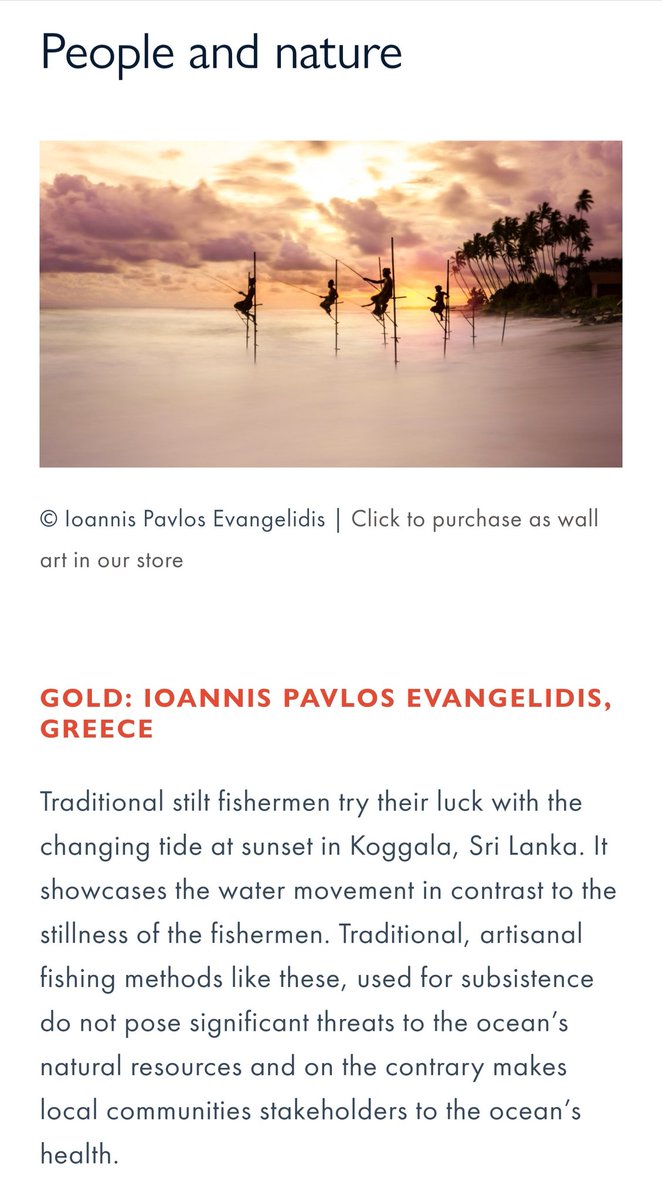
Further evidence that marketing is far behind psychology in open science. What is the policy board thinking? This is not how a so-called science manages itself.

My colleague @nreinholtz and I have recently done something interesting: Find all the pre-registered studies ever published in JCR with open data, and attempt to reproduce their results. We learned a few interesting things in the process: quentinandre.net/post/reproduci…
New publication @PNASNews: Frequent winners explain apparent skewness preferences in experience-based decisions pnas.org/doi/epdf/10.10… With @Mikhail_Spektor and @gael_lemens Thread(1/7)>>>
New paper alert! pubsonline.informs.org/doi/full/10.12… Ever wonder how people's choices change over multiple predictions? @ubarnea and I find that people are more likely to forecast the improbable outcome - like an underdog winning a game - in LATER (vs. earlier) predictions in a sequence.
may I suggest that you subscribe to r/shrinkflation
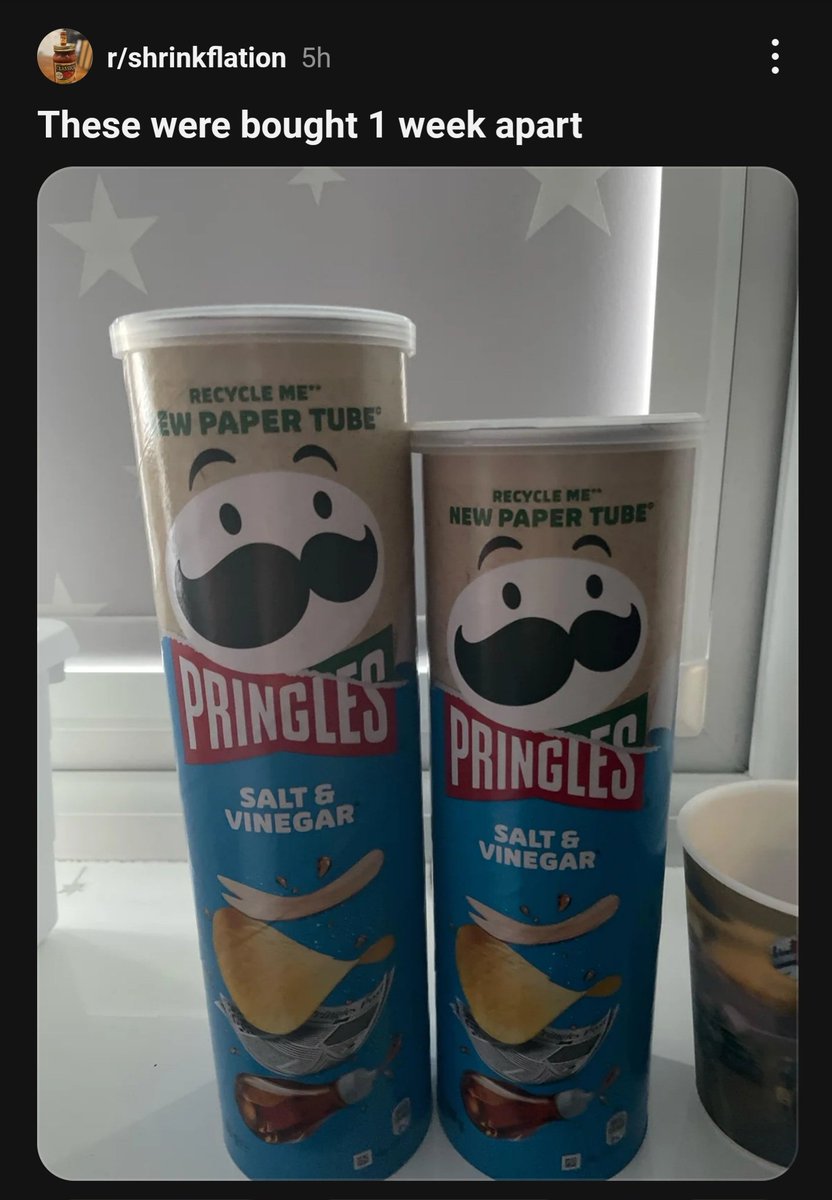
A bit of an evergreen. When power is x%, the share of p<.01 among p<.05 results is approximately x% R Code: ncp=seq(0,4,.01) power05 =(1-pt(qt(.975,df=5000),df=5000,ncp=ncp)) power01 = (1-t(qt(.995,df=5000),df=5000,ncp=ncp)) share01 = power01/power05

United States Trends
- 1. $ELONIA N/A
- 2. Johnie Cooks N/A
- 3. Mack Brown 3.934 posts
- 4. #PumpRules 1.111 posts
- 5. $CUTO 6.253 posts
- 6. #GivingTuesday 2.385 posts
- 7. Happy Thanksgiving 1.109 posts
- 8. Tariffs 190 B posts
- 9. #tuesdayvibe 5.076 posts
- 10. #csm185 2.334 posts
- 11. Shaq Barrett 1.258 posts
- 12. Bill Gates 43,6 B posts
- 13. Taco Tuesday 10,3 B posts
- 14. Pitchfork 6.218 posts
- 15. Sheinbaum 61,6 B posts
- 16. Mexico and Canada 99,1 B posts
- 17. #GMMTV2025 3,08 Mn posts
- 18. Frederick 8.660 posts
- 19. Brie Larson 1.498 posts
- 20. Alec Baldwin 6.840 posts
Who to follow
-
 Abby Sussman
Abby Sussman
@abbysussman -
 Quentin André
Quentin André
@andre_quentin -
 Stephanie Tully
Stephanie Tully
@StephMTully -
 Kristin Diehl
Kristin Diehl
@real_k_diehl -
 Eesha Sharma
Eesha Sharma
@EeshaSharma -
 Oleg Urminsky
Oleg Urminsky
@OlegUrminsky -
 Kellen Mrkva
Kellen Mrkva
@KellenMrkva -
 Rodrigo Dias
Rodrigo Dias
@Rodrigo_dsdias -
 Yu Ding
Yu Ding
@YuDingLab -
 Silvia Bellezza
Silvia Bellezza
@S_Bellezza -
 Marissa Sharif
Marissa Sharif
@marissa_sharif -
 Ike Silver
Ike Silver
@IkeMDSilver1 -
 Rosanna K Smith
Rosanna K Smith
@rosannaksmith -
 Steph Smith
Steph Smith
@stephsmithphd -
 Chiara Longoni
Chiara Longoni
@longoni_chiara
Something went wrong.
Something went wrong.


































